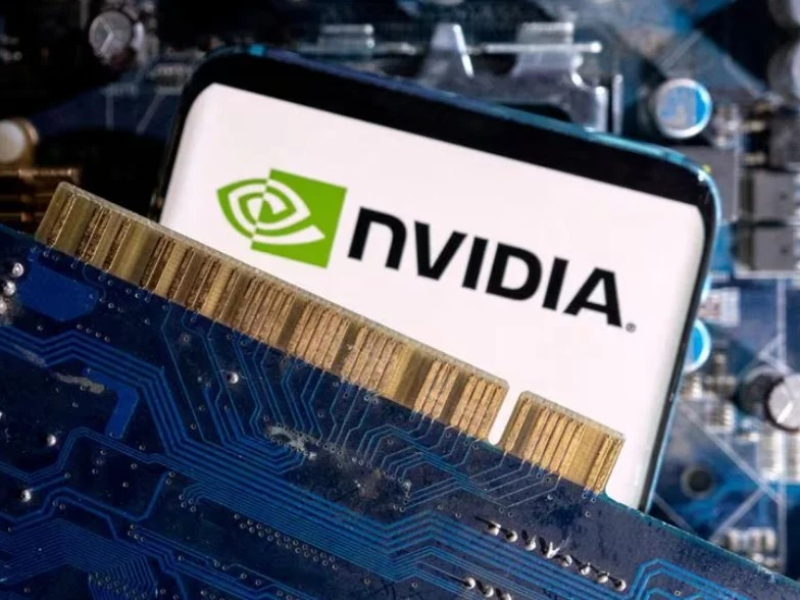- Nvidia is forecasted to dispatch over one million H20 accelerator chips to China this year, priced at $12,000-$13,000 each, potentially accruing $12 billion in revenue.
- Initially met with indifference due to cost and performance, renewed interest from major Chinese tech firms like Baidu, Alibaba, Tencent, and ByteDance has emerged, triggered by supply shortages of Huawei’s Ascend 910B.
OUR TAKE
Nvidia’s CEO, Jensen Huang, confirmed a notable downturn in China’s business, citing increased competition and tech restrictions. Despite this, Nvidia is steadfast in serving its Chinese clientele. CFO Colette Kress reported a significant Q4 drop in data center revenue, post-October’s export controls, underscoring regulatory impacts on China operations.
–Vicky Wu, BTW reporter
What happened
From market analysis firm SemiAnalysis, NVIDIA is forecasted to dispatch over one million H20 accelerator chips to China this year, priced at $12,000-$13,000 each, potentially accruing $12 billion in revenue. Amongst three GPUs customised for China, the H20, despite performance limitations and AI capabilities under 15% of the H100, remains the most powerful.
Initially met with indifference due to cost and performance, renewed interest from major Chinese tech firms like Baidu, Alibaba, Tencent, and ByteDance has emerged, triggered by supply shortages of Huawei’s Ascend 910B. Analysts observe that despite a performance dip, the H20 enjoys popularity due to its high-capacity HBM memory, advantageous in practical AI applications.
If predictions hold true, Nvidia’s revenue in China will surpass the previous year’s $10.3 billion, albeit with a market share closer to 10%, down from 25% pre-October 2022 export restrictions. CFO Colette Kress noted a sharp drop in China’s data centre revenue post-restrictions, while CEO Jensen Huang pledged continued service to the Chinese market despite technological limitations.
Also read: Nvidia set to face French antitrust charges
Also read: How Nvidia dominates the AI chip market
Why it’s important
Nvidia is embroiled in the escalating US-China tech tensions, as Washington clamps down on high-performance chip exports to China, wary of military AI progress. Following the US embargo on premier chips like the A100 and H100 in October 2022, Nvidia unveiled China-specific chips by November, with the H20 leading the charge. In the quarter concluding in April 2023, China’s share of Nvidia’s revenue dipped to 9%, down from 22% previously. Yet, total revenue from China, inclusive of Hong Kong, soared 50% year-over-year to $2.5 billion, revealing intricate dynamics under stricter US export controls.
Conversely, Huawei‘s Ascend 910B is reputed to rival the performance of Nvidia’s A100 GPU. It is believed to be an in-house design, crafted by Chinese semiconductor manufacturer SMIC, employing 7nm process technology – a step forward from the previous Ascend 910 model. Despite Huawei and its manufacturing allies’ efforts to churn out ample Ascend 910B units to meet demand, current stock levels are relatively tight. Additionally, most Chinese AI companies have rooted their AI models in Nvidia’s ecosystem and software, meaning a shift to the Huawei platform could present time-consuming and financially burdensome obstacles.

